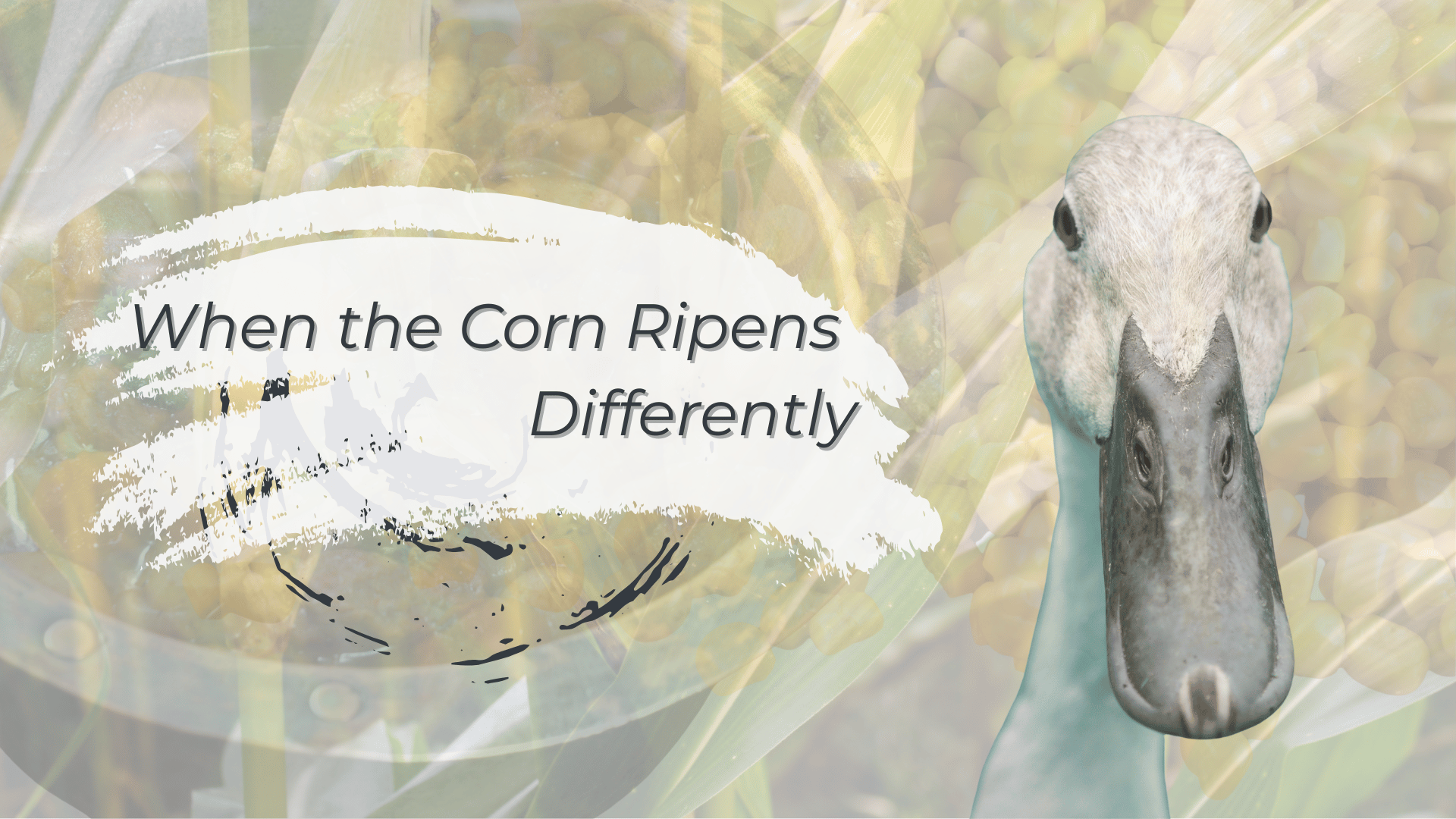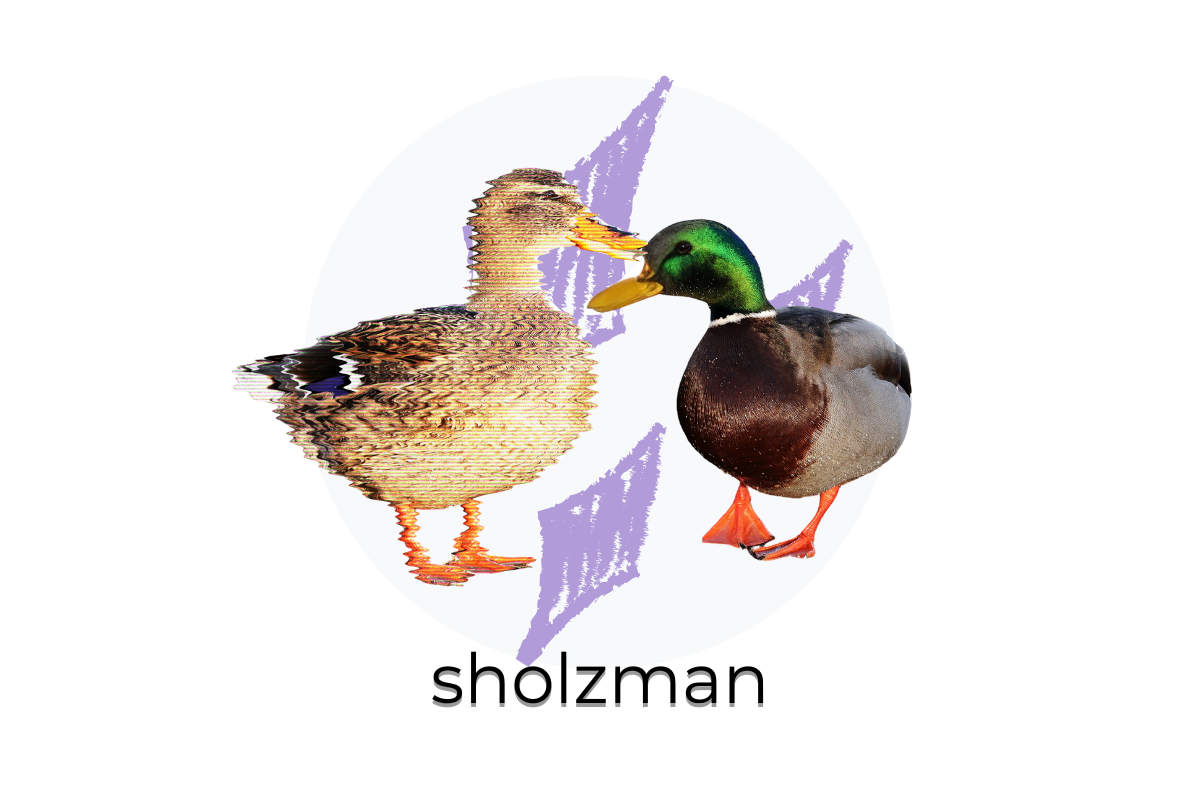When the Corn Ripens Differently

Today I think about corn.
David Hume’s corn, to be specific—yours ripe today, mine tomorrow. A field shared, but a harvest lost, because we couldn’t trust each other long enough to work in sequence. Because we treated mutual interest like a scam.
“Your corn is ripe today; mine will be so tomorrow.
’Tis profitable for us both, that I should labour with you today, and that you should aid me tomorrow.
I have no kindness for you, and know you have as little for me.
I will not, therefore, take any pains upon your account; and should I labour with you upon my own account, in expectation of a return, I know I should be disappointed...
The seasons change; and both of us lose our harvests for want of mutual confidence and security.”—David Hume
Some other thinking:
“If the members of a large group rationally seek to maximize their personal welfare, they will not act to advance their common or group objectives unless there is coercion to force them to do so, or unless some separate incentive, distinct from the achievement of the common or group interest, is offered to the members of the group individually.” —Mancur Olson
“There is but one mode by which man can possess in perpetuity all the happiness which his nature is capable of enjoying,—that is by the union and co-operation of all for the benefit of each.” —Robert Owen
“Many ideas grow better when transplanted into another mind than the one where they sprang up.” —Oliver Wendell Holmes
“The fundamental law of human beings is interdependence. A person is a person through other persons.” —Desmond Tutu
Coordination divides labor.
Collaboration makes meaning.
A chart:
The Meal Metaphor
- Coordination is a potluck. Each person makes their dish separately. Someone organizes the event, assigns categories, and makes sure there are plates and napkins. Everyone shows up on time with what they promised. The result is a shared meal made up of independent efforts.
- Collaboration is cooking together. We plan the meal together, change our minds mid-recipe, taste as we go. One chops, one stirs, and another seasons. The outcome is shaped by our shared hands and decisions.
Potlucks and stews aren’t the same thing. They’re not always appropriate in the same contexts. Sometimes one is preferable to the other, and sometimes other is preferable to the one. There are allergies and allergens. There are jackpots and shortfalls. There’s only so much room in the kitchen. There’s only so much time in the day. There’s else to do too. If we’re going to build it together, we’re going to have to communicate a lot, and sometimes we’re not kind. Not welcome or not welcoming. We can be together, we can merge, we can separate.
So the question isn’t “Which should we?” It’s:
What kind are we doing together?
Collaboration is about the sharing. It’s relational, it’s cooperative, it’s about building something together. Coordination, on the other hand, is more about structure; it involves how roles and systems interact to keep things moving.
Collaboration looks for the win-win-win. It asks, what could we create if we worked as one shared mind with many hands? Coordination focuses on stability and efficiency—it tries to balance everything so that whole systems run smoothly.
In that sense, coordination is something you do outside the work—it’s about aligning parts. But collaboration is a part of the work, living in the space between people, in how they listen, trust, and imagine together.
Q: Can you have one without the other? Yes. Coordination is task-based. Collaboration is idea-based. You can do either—or both—depending on the need.
Q: Is collaboration slower? At first, yes. But it can produce great ideas and adaptive solutions. It's usually more fun too.
Q: How do I know which one we’re doing? Ask: Are we dividing the work? Or are we shaping it together?
Q: Is one better than the other? Not inherently. Think of them as different tools. Use the one that fits the job—or blend them intentionally.
© 2025 Scott Holzman. All rights reserved. Please do not reproduce, repost, or use without permission.
